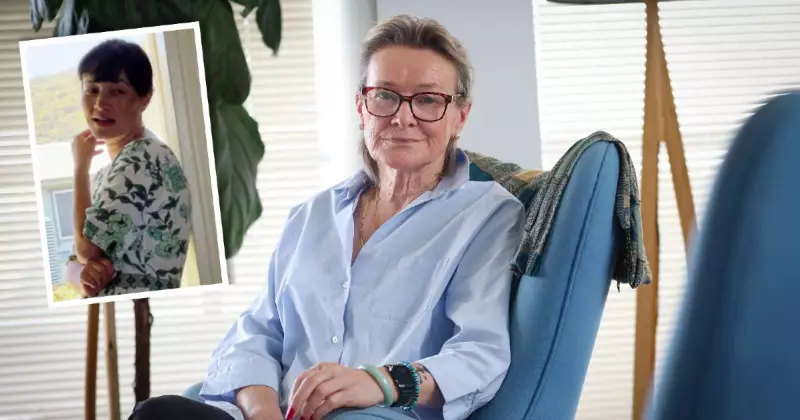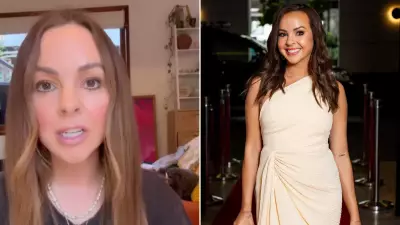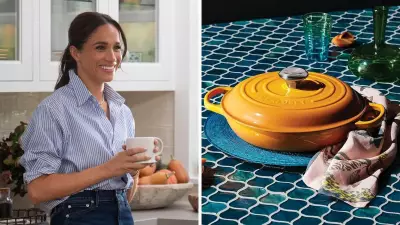
Families Condemn 'Graphic' Media Coverage During Bondi Inquest
The families of victims killed in the Bondi Junction stabbing rampage have delivered powerful statements condemning what they describe as "incredibly upsetting" and "graphic" media coverage that compounded their grief. During closing statements at the coronial inquest, lawyers representing the families highlighted the profound distress caused by insensitive reporting following the April 13, 2024 tragedy.
Six people lost their lives when Joel Cauchi, 40, went on a stabbing spree at Westfield Bondi Junction before being shot dead by police officer Amy Scott. The victims included Dawn Singleton, 25, Ashlee Good, 38, Jade Young, 47, Pikria Darchia, 55, Yixuan Cheng, 27 and security guard Faraz Tahir, 30. Another ten people were injured, including a nine-month-old baby.
Call for New Media Guidelines on Mass Casualty Events
Counsel assisting the coroner, Dr Peggy Dwyer, suggested that NSW State Coroner Teresa O'Sullivan should recommend the Australian Press Council develop specific advisory guidelines for reporting on mass casualty incidents. These guidelines would need to balance the media's responsibility for accurate and timely reporting against the potential for causing significant distress to victims' families and the broader community.
Dr Dwyer specifically referenced the "very graphic" nature of some reporting that showed Cauchi "running around with a knife" and other disturbing footage that was broadcast globally. The issue has become a central focus as the inquest moves toward its conclusion.
'Trauma Porn' and Violation of Grieving Families
Elizabeth Young, mother of victim Jade Young, provided one of the most poignant critiques of media conduct in her statement to the inquest. She denounced what she called "trauma porn" that included globally broadcast footage of her daughter's lifeless body being treated by paramedics.
Ms Young also expressed outrage that a photographer took images of her grieving family during a vigil held at Bondi Beach to honour the victims. "To think images of a grieving family or a woman lying dead is newsworthy sickens me," she told the inquest.
The families' legal representatives are expected to make formal submissions urging the coroner to refer Cauchi's long-term psychiatrist, Dr Andrea Boros-Lavack, to a regulatory body. Evidence presented during the inquest revealed that Dr Boros-Lavack had decided to wean Cauchi off antipsychotic medications in mid-2019, despite his long history of schizophrenia treatment since teenage years.
Contrary to expert evidence indicating Cauchi was "floridly psychotic" during the attack, Dr Boros-Lavack initially suggested his actions were motivated by frustration and hatred of women, though she later withdrew this statement. Dr Dwyer noted the psychiatrist displayed an "exceptional level of belligerence and confrontation" while giving evidence.
As the inquest prepares to conclude, the calls for media reform and accountability in mental health treatment have emerged as key outcomes that could shape how Australia responds to future mass casualty events.





